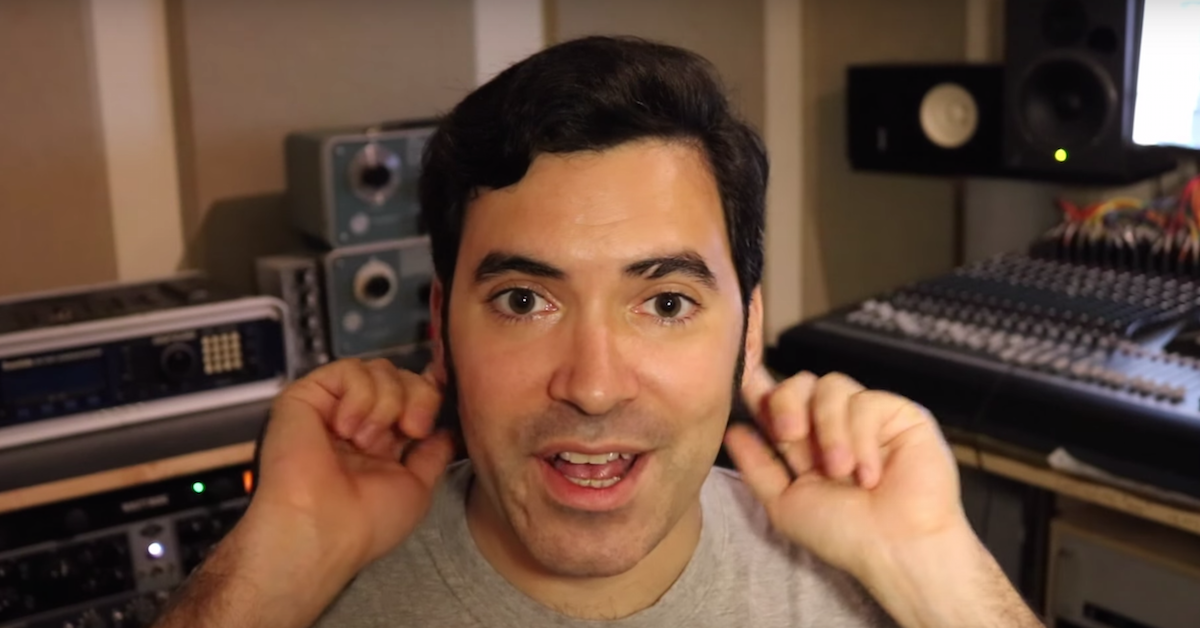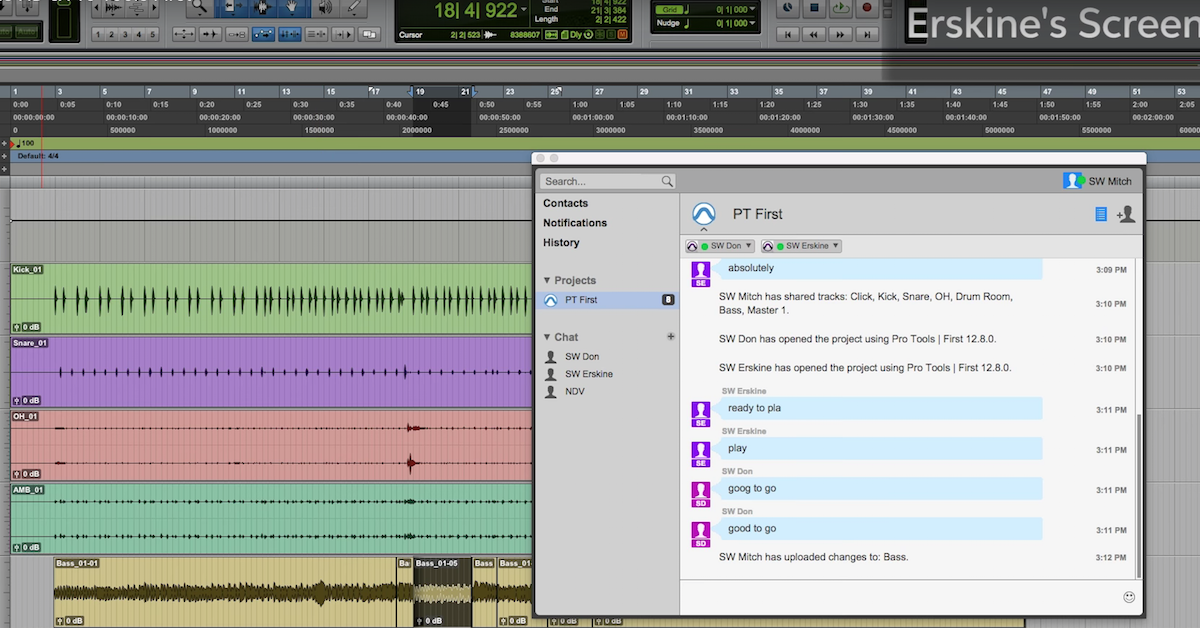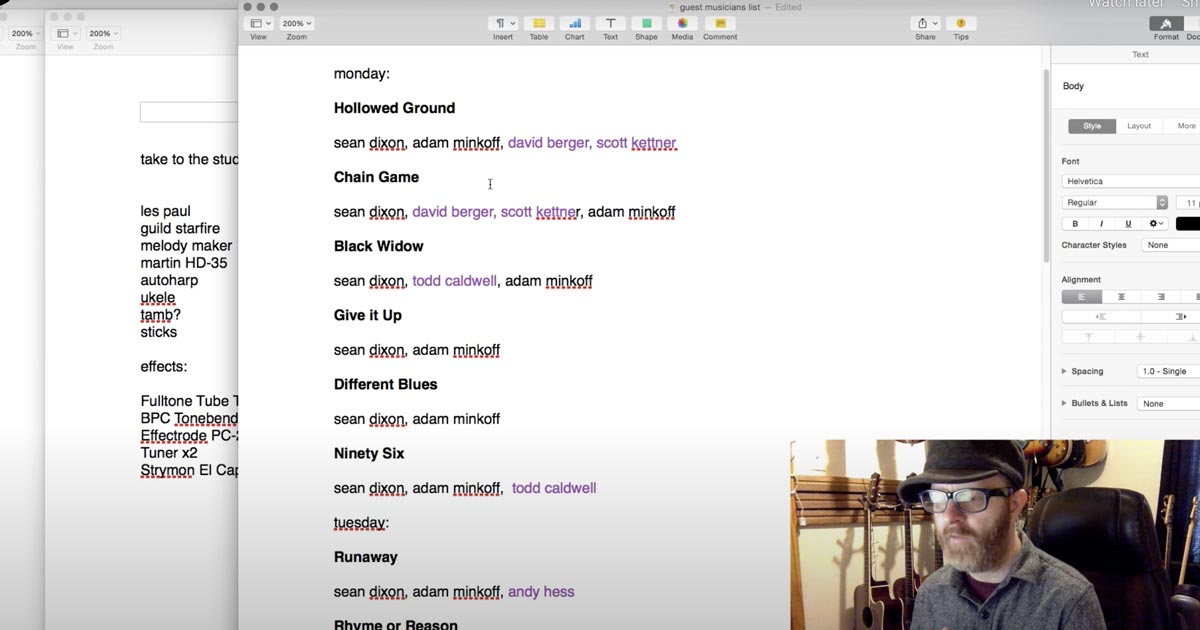Becoming a Coach in the Recording Studio
Article Content
If you work in a recording studio for any amount of time, you’ll most likely find yourself working with a variety of musicians who bring with them varying levels of talent. And if you’re in the early stages of your career, it’s safe to say that most of the artists you work with won’t be people who have won Grammy awards.
In fact, you may often find yourself working on sessions with artists who don’t sound all that good to you. And, to make matters more difficult, you’ll probably find that these artists can’t afford to bring a producer into the studio, which means that there’s no one in charge of making sure the artist gives their best performance.
In a situation like this, you really have two choices: you can grit your teeth, get through the session, and look forward to moving on to something more productive, or, if you’re really invested in getting the best results for everyone involved, you can put your recording engineer role aside for a moment and step into the larger role of “studio coach.”
Taste vs Talent vs Experience
If you record or produce music professionally, you’ve probably cultivated a strong sense of what you think good music sounds like. We all want to work with music that we love, but the truth is, at least when you’re starting out, you’re going to have to take gigs that you’re not super excited about if you want to stay in business.
Sometimes if you don’t like a band’s music, your opinion comes down to a simple difference in taste.
In the best case scenario, you can at least learn to appreciate the band’s abilities, even if you don’t understand their stylistic choices. Other times, however, the difference is not in taste but in talent. However, while talent is important, it’s also important to take a moment to remember who you’re working with; what you perceive as a lack of talent can sometimes come down to a simple lack of experience.
Either way, as the person in the room with the most studio experience, it’s your job to use your experience not to intimidate the artist, but to put them at ease, and in doing so, encourage them to give their best performance.
The Other Side of the Glass
In your role as “studio coach,” you’ll have a better time encouraging someone to perform well in the studio if you understand how they’re feeling. So consider how an artist might be feeling when they walk into the studio. Spending the day in the studio may seem like a normal day to you, but to some musicians, even those with lots of touring experience, the studio can feel overwhelming, even intimidating.
It’s also important to keep in mind who has the most at stake in the project. If this is a newer band, they’re probably paying out of pocket for the session, so any setbacks can be costly for them, while you get paid whether the session turns out well or not. The artist will also be the one with their name on the cover of the album or single, while you can easily distance yourself from the project if it doesn’t turn out well.
All of the pressure here is on the artist, so anything you can do to take that pressure off will increase your chances of getting a good end product.
The Psychological Power of Technology
The studio is full of tools you can use to boost a musician’s confidence, and some these tools aren’t purely psychological.
The right headphone mix, for example, can have a huge effect on an artist’s performance. If a vocalist is singing out of tune or a drummer is playing off-time, this can often be fixed with a simple tweak of their headphone levels. The problem is, if the artist doesn’t have a lot of studio experience, they might not understand how much of a difference the right headphone mix can make. This puts the responsibility on you to set the monitor mix as best as you can for each person, and to check in when you think something might be wrong.
The same goes for effects: a singer might not realize that they want more reverb in the monitors, but if they’re sounding hesitant or restrained in front of the mic, a little reverb can go a long way towards boosting their confidence.
You also have one other powerful—and potentially dangerous—tool at your disposal: the power of editing.
There’s no rule saying that you can’t do some quick editing of a musician’s performance while they leave the room to grab a coffee. With some quick timing or pitch fixes, or even some subtle effects here and there, you can give the artist a little confidence boost when they come back to hear the take in context, which in turn will boost their confidence the next time they step into the tracking room. At the same time, this can also be a dangerous game to play, since you’re really bending the truth to spare someone’s feelings, but if you’ve been recording people for a while, you should know the difference between applying a little makeup and doing a full-on plastic surgery job.
Conclusion
Unfortunately there may also be times when, despite your best intentions, the artist simply isn’t capable of delivering a good performance. In this case, it helps to think back again to what’s at stake. Is this project going to make or break someone’s career? If it is, then you may have to resort to more drastic measures—hiring a producer or a vocal coach for example, or hiring other session musicians who can get the job done. But if these drastic measures aren’t on the table, then the least you can do is to try to have fun with the project.
The artist might just need some more time to work on their skills, and if they have a positive experience with you early on, there’s a good chance that they’ll want to work with you again once they’re in a better place musically.





